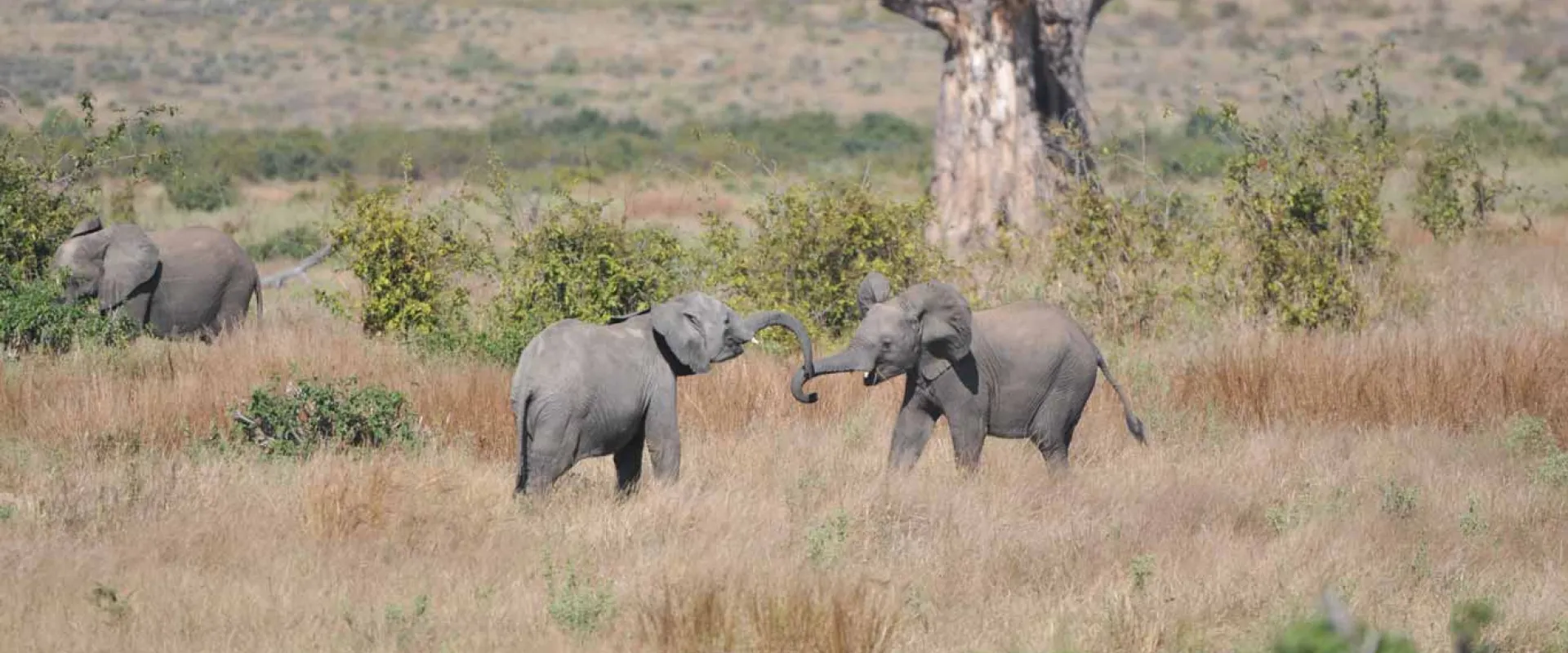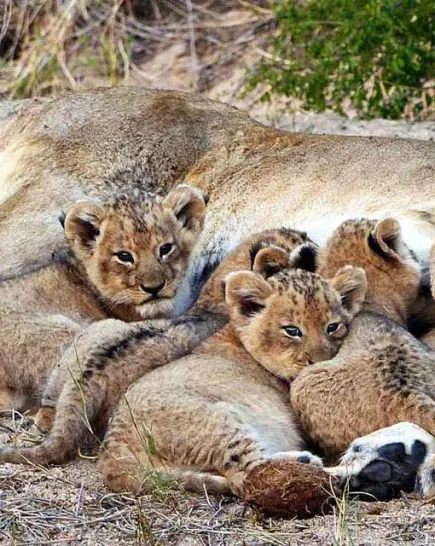The North Carolina Zoo is devoted to protecting our natural world each and every day. The Zoo has been involved in the conservation of wildlife for more than two decades. We have worked to preserve a variety of species. From vultures and gorillas in Africa, to endangered plants and amphibians in our own state.
A modest conservation project, focused on one country in Africa, has grown into a leading zoo-based program. Our staff are active in conserving wildlife and their habitats across the world. We work in eight different African countries, the Caribbean, the Mariana Islands in the Western Pacific, and across North Carolina.
Through partnership and collaboration with more than 90 partners, we have been able to help save animals from extinction. The Zoo has maximized its wildlife conservation impact in over 20 countries.
Because conservation challenges can’t be solved overnight, we purposely make significant, long term, strategic commitments to the projects we undertake. Click through the site to learn more about our amazing conservation programs. You can also learn more about the our conservation programs by reading the North Carolina Zoo's Conservation and Research Program report (links to PDF.)
Our Wildlife Conservation Work
Our Zoo is committed to preserving endangered plants and animals species. Our staff has worked to protect natural resources all around the world. We have engaged in conservation efforts to preserve natural habitats, protect wildlife, and prevent illegal wildlife trade across the world.
How Can You Help Our Conservation Efforts?
At the North Carolina Zoo, we care about educating our community about wildlife crimes and the importance of protecting endangered species. Furthermore, we look to motivate each one of our community members into taking action.
You can also make a difference for the future of the entire human population. The following are some ways you can support the Zoo's efforts:
Visit the Zoo. When you purchase food or souvenirs at the Zoo, you can donate to our efforts of conservation of wildlife.
Cell Phone Recycling. Donate your old cellphone to the North Carolina Zoo. This avoids pollution and supports our efforts of education in Uganda.
Taking Action. Decrease your fuel, water, and energy use. Participate in community clean-ups. Support the Zoo and other local wildlife conservation centers. Recycle. Volunteer at the Zoo.
Support the North Carolina Zoo’s efforts of preserving endangered species and protected areas. Volunteer, donate, and recycle at the Zoo.
Visit us today and help our wildlife conservation efforts in North Carolina and across the globe.


